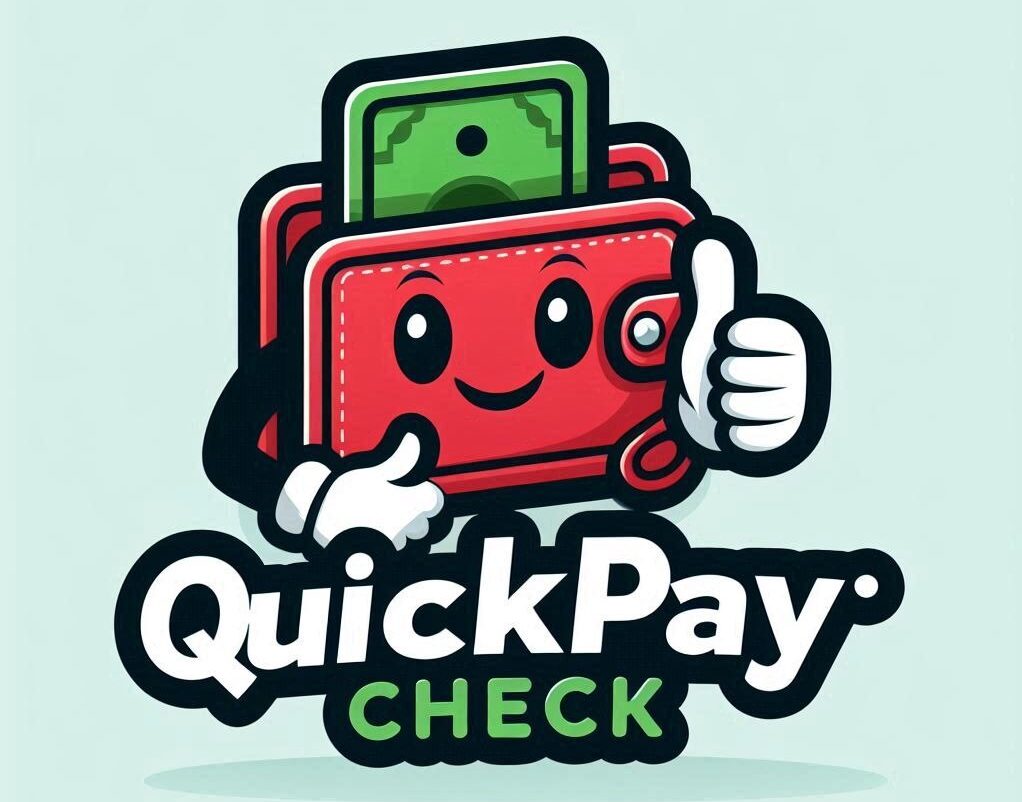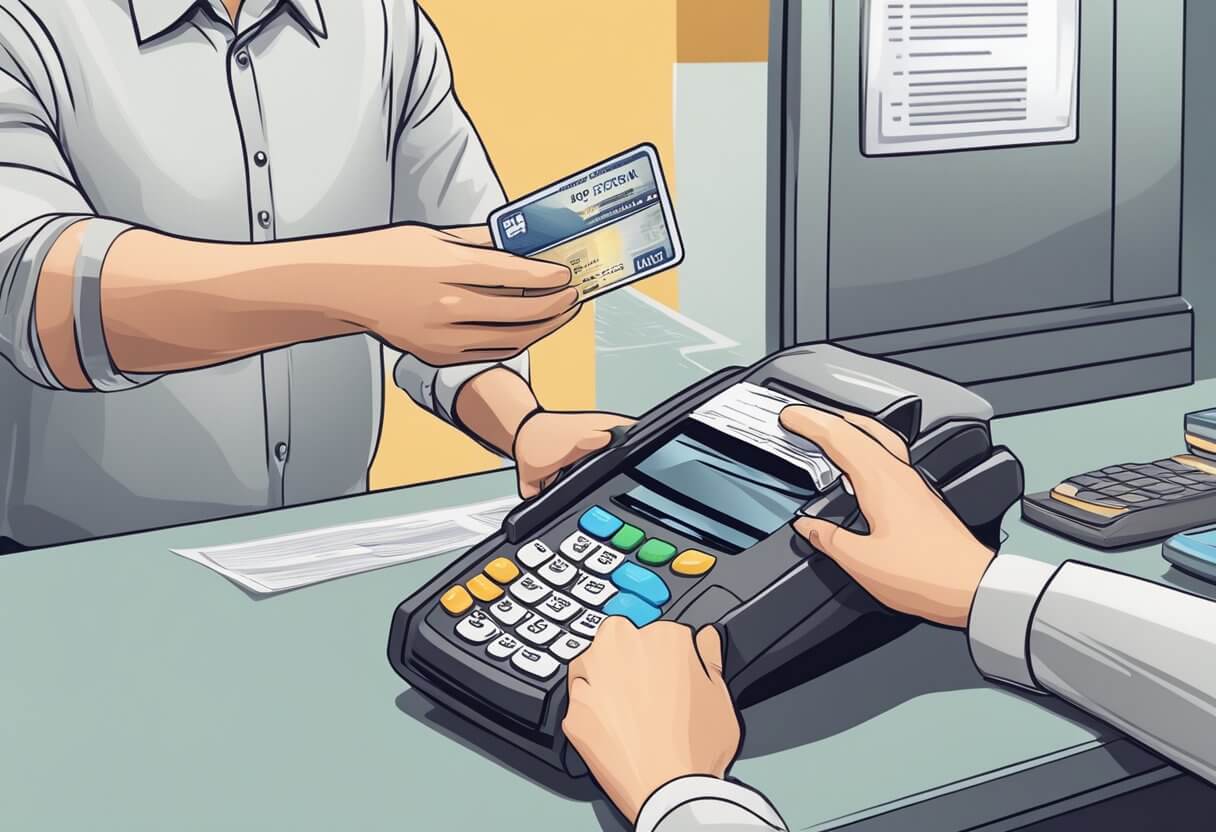Can you really go to jail simply for not paying your taxes? It’s a distressing question many taxpayers secretly wonder about.
The short answer is – it’s unlikely you’ll face jail time just for owing back taxes or tax debt. However, criminal charges and potential imprisonment become real possibilities if you willfully commit tax fraud or evasion.
In this detailed guide, we’ll cover:
- Key differences between civil tax penalties vs criminal charges
- Exactly what kind of violations can land you in jail
- Maximum prison sentences and fines
- Time limits for pursuing criminal prosecution
- What does NOT lead to jail time
- Steps to take if you owe back taxes
- How to avoid jail and resolve tax issues
So read on for everything you need to know to stay out of prison over tax problems!
Tax Evasion and Fraud Are Criminal, Not Just Failing to Pay
The key fact to understand here is the IRS mainly pursues jail time in cases of clear criminal intent – deliberate deceit like willful tax evasion or fraud. Situations when taxpayers simply underpay what they owe, make mistakes, or can’t afford their full tax bill typically incur civil penalties only.
Let’s look closer at what constitutes criminal tax violations:
Hiding Income and Assets
If you take affirmative steps to hide assets or income sources in order to illegally reduce taxes owed, you risk facing criminal tax evasion charges for deceiving the IRS.
This includes transferring assets into someone else’s name, failing to disclose offshore bank accounts and income, or concealing sources of cash income. Hiding cryptocurrency accounts is another form of asset concealment the IRS prosecutes criminally.
Falsely Claiming Deductions
Lying about deductions or expenses to deliberately reduce tax liability is another form of tax fraud. For example falsely claiming personal expenses as business expenses, reporting additional dependents that don’t exist, or fabricating charitable donations.
Falsely assigning your own income to another person or business entity also constitutes illegal federal tax evasion.
Deliberate Failure to File Returns
Simply forgetting or neglecting to file your annual tax returns typically won’t land you in prison. However, if the IRS detects a willful pattern of not filing returns in order to conceal income and evade taxes, they can pursue criminal charges.
This demonstrates intent to deceive. If audited, indicators like a long history of non-filing, ignoring IRS notices, attempting to hide assets, understating income sources, or being uncooperative with requests for information may lead investigators to elevate the case for criminal prosecution.
So in summary – a single year’s failure to file or underpayment won’t generally land you behind bars. But establishing a willful pattern of deceit and violations over multiple years can absolutely lead to fraud charges and jail time.
Stiff Penalties Beyond Jail for Tax Violations

If found guilty of criminal tax fraud or evasion, taxpayers face steep penalties beyond potential jail sentences:
- Up to 5 years in prison – longer if multiple counts proven
- Fines up to $100,000 for individuals, or $250,000 for corporations
- Civil fraud penalties up to 75% of unpaid taxes in addition to owed taxes and interest
The IRS and prosecutors tend to pursue maximum fines and sentences allowed under statute to dissuade tax crimes. Additional counts of tax evasion or fraud occurring over multiple tax years can also lead to consecutive prison sentences longer than 5 years.
While ending up behind bars for unpaid taxes is relatively rare, it does happen more often than people realize. Well known celebrities including actor Wesley Snipes, reality TV star Mike Sorrentino, rapper Fat Joe, Survivor winner Richard Hatch, and musician Lauryn Hill have all served federal prison time for tax evasion.
Their cases mainly involved years of deliberately failing to file returns combined with brazenly concealing huge amounts of income to dodge taxes. Most defendants with reputable legal counsel reach plea bargain agreements well before facing a full criminal trial and jail sentence. But in cases with very large tax losses to the government, justice officials press hard for stern punishment.
Statutes of Limitation On Bringing Criminal Charges
The IRS and federal prosecutors don’t have unlimited time to pursue criminal charges for tax violations:
- For most tax crimes like evasion or fraud, they have 3 years from the filing due date to bring charges
- If tax returns showing large underreporting are never filed at all, they have 6 years to indict
However, for purely civil tax fraud penalties, there is no statute of limitations – the IRS can theoretically audit and penalize unpaid tax dues forever if willful intent to deceive is well evidenced.
The clock starts ticking on statutes of limitation from the tax year’s standard filing due date, which for individuals is typically April 15th. Filing an extension doesn’t lengthen this deadline as far as fraud charges are concerned.
Mistakes and Inability to Pay Do Not Lead to Jail

Understanding what does NOT lead to jail time over taxes is also important. These situations almost always involve civil remedies only:
Honest Tax Return Mistakes
Mistakes happen, tax forms can be confusing, and simple errors on returns are very common. As long as they seem to be honest mistakes rather than deliberate attempts at deception, the IRS simply sends a notice for additional tax assessed plus interest and potentially accuracy penalties around 20%.
Negligence penalties may apply for large errors, but the IRS likely pursues repayment only through typical collection procedures like liens and levies. Jail does not await!
Inability To Pay Owed Taxes
Many taxpayers file completely accurate and timely returns, but simply don’t have enough money to pay all taxes by April 15th.
As long as you file honest returns and demonstrate willingness to eventually repay debts, lack of current funds to satisfy IRS bills does not send you to jail! The government understands financial setbacks occur.
They mostly assess standard late fees and pursue aggressive collection actions like asset seizure until balance are settled. Communication and setting up installment agreements can prevent escalation to criminal charges.
What To Do If You Owe Back Taxes?

If you’ve fallen behind on filing returns or have unpaid tax debt, avoiding IRS radar never works long term. Penalties and interest accrue rapidly, collection actions ramp up, and criminal risk increases over time – especially if large sums are owed.
Instead, take proactive good faith steps like:
File All Tax Returns ASAP
Submit any unfiled returns even if you can’t pay. This stops failure-to-file penalties, shows responsibility to comply, and minimizes fraud suspicion. The IRS grants penalty relief for some first-time filing violations if you comply.
Communicate Openly With The IRS
Call them directly at 1-800-829-1040 if you get a notice or have tax debt exceeding what you can quickly repay. Explain circumstances openly, demonstrate willingness to comply moving forward, and request payment plans or settlement offers.
Consult a Tax Relief Attorney
Professionals familiar with IRS procedures can help negotiate resolutions, ensure communications meet compliance standards, and guide you through programs like:
- Installment agreements to pay off debt over 36-72 months
- Offers in compromise to settle tax bills for less than face value
- Currently non-collectible status halting IRS collection action for a year
- Innocent spouse relief removing joint return liabilities
The right tax lawyer provides both credibility with the IRS and peace of mind that your rights are secured. Reputable firms like Tax Defense Partners offer free consultations to assess your situation.
Avoiding Jail Time with Responsiveness and Honesty
As intimidating as the IRS seems, they don’t actually want to send taxpayers to jail or impose unreasonable punishments. Compromise and mutually beneficial settlement aligns with their mandate to efficiently collect taxes owed.
You avoid jail by avoiding behaviors that demonstrate intent to illegally evade tax obligations. Maximum self-disclosure and good faith gestures like promptly filing returns and communicating go a very long way.
The IRS reserves punishment primarily for those who brazenly flout the tax code – not citizens facing financial hardship or making innocent mistakes.
Responsiveness and honesty in working to fix errors almost guarantee keeping tax problems strictly civil rather criminal in nature. Don’t panic, don’t avoidance action, and don’t delay getting expert guidance. With the right help, back taxes and errors can get resolved well before talk of prison time ever becomes necessary.







